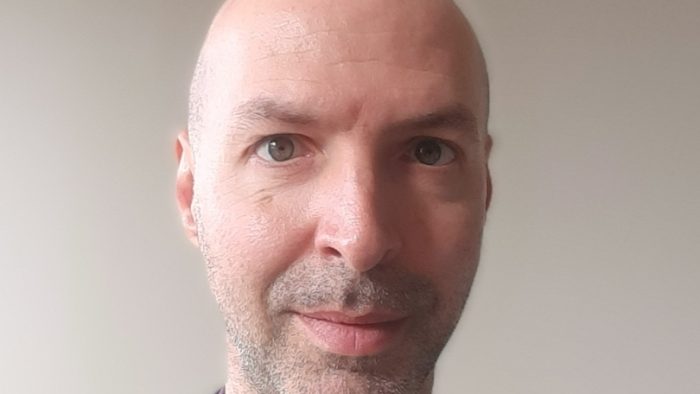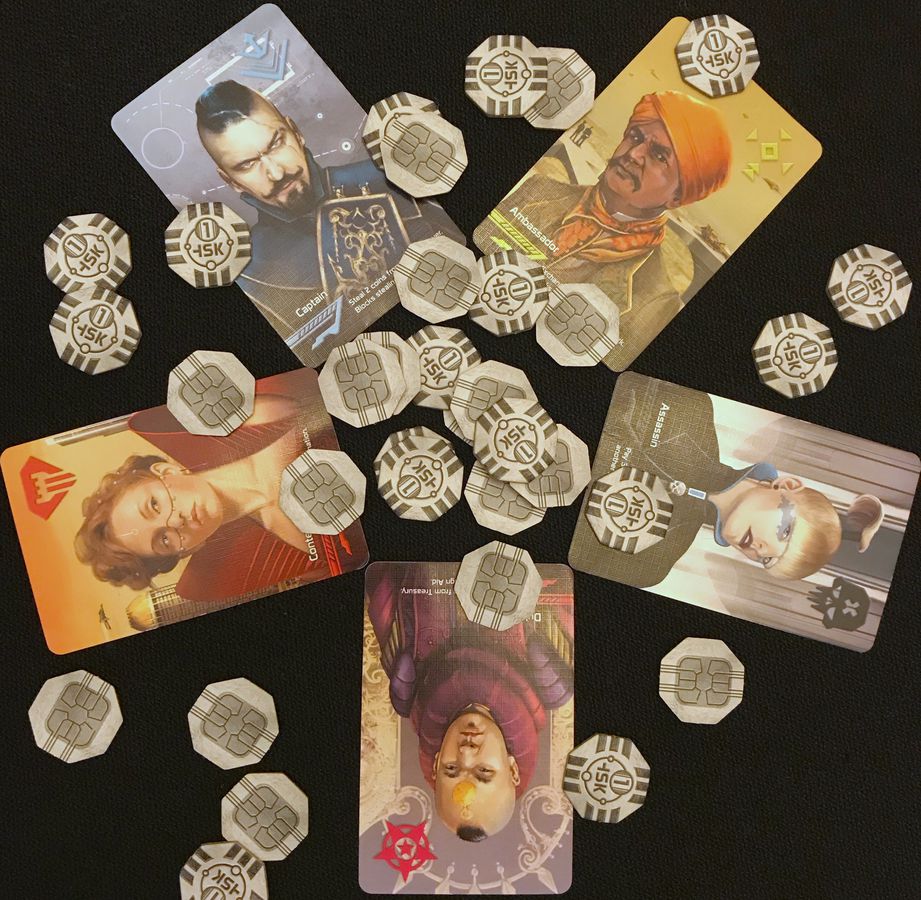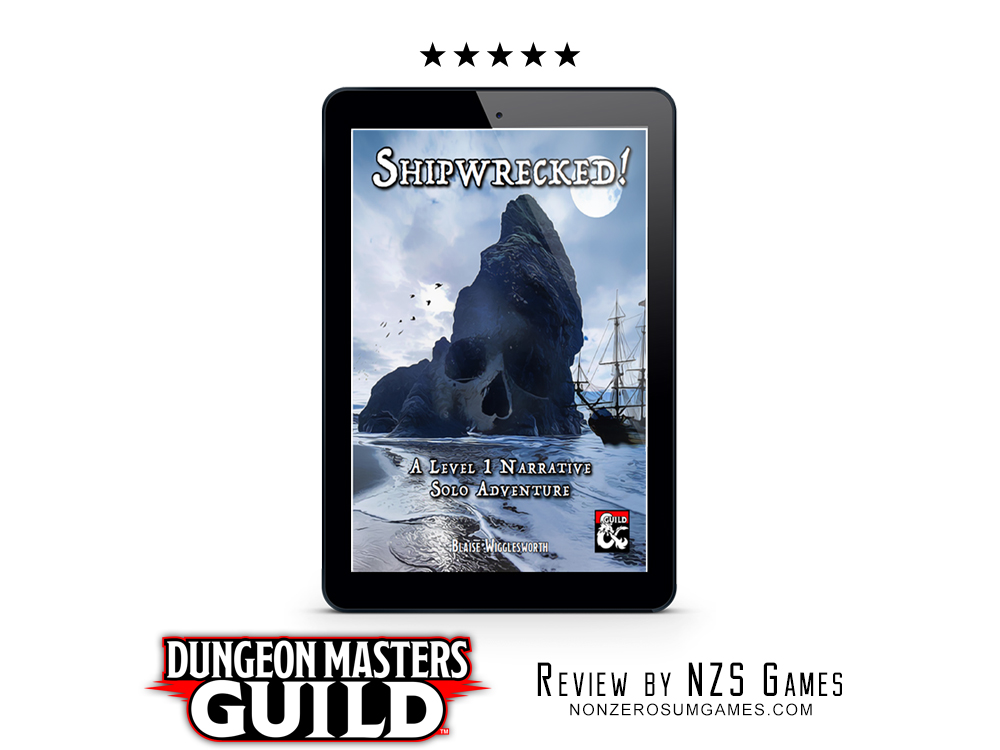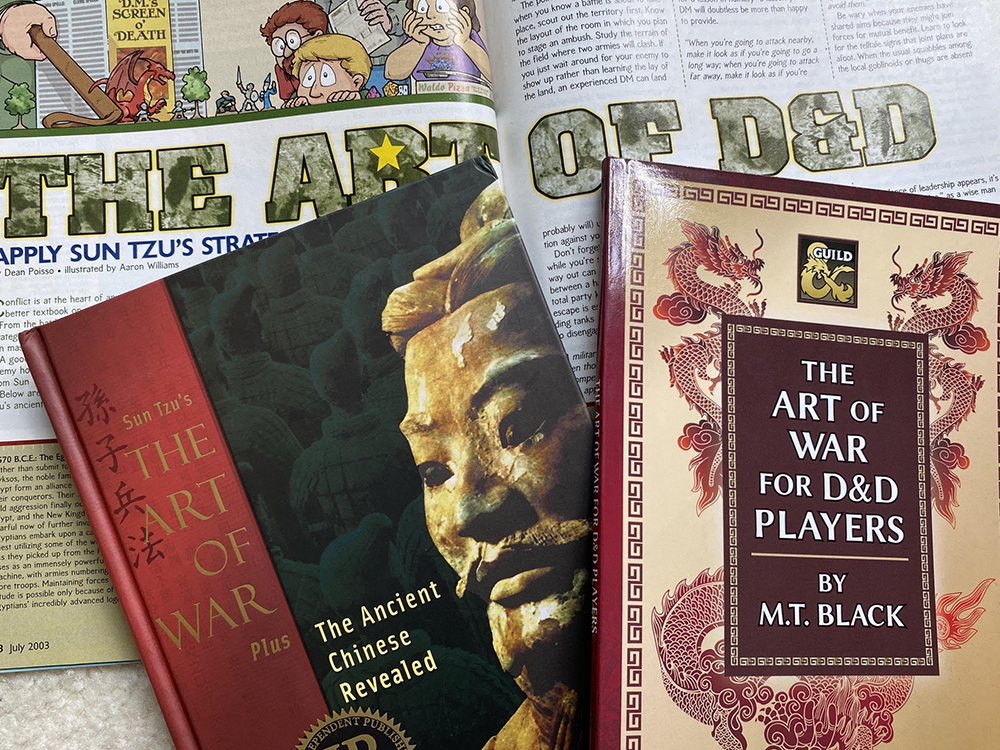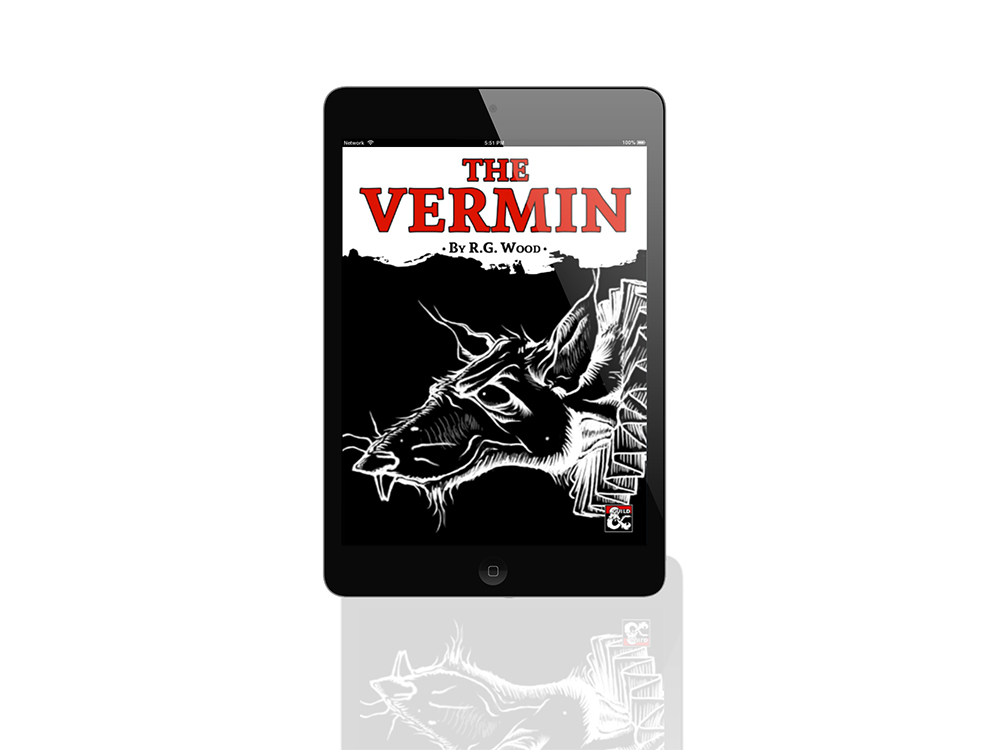Sandy Petersen is possibly the most prolific game designer that most people wouldn’t recognize by name. However, his legacy resides more in the games he’s... The post Sandy Petersen of Petersen Games Interview appeared first on NZS Games.
Sandy Petersen is possibly the most prolific game designer that most people wouldn’t recognize by name. However, his legacy resides more in the games he’s been a part of rather than in his name recognition. You know Sandy Petersen games whether you’ve played them or not. Indeed, even if you don’t like them, you know Sandy Petersen games. He helped develop Doom, Civilization, Quake, Age of Empires, and even Halo Wars to name some video games. Regarding the tabletop, Sandy Petersen’s résumé includes Cthulhu Wars, Hyperspace, Orcs Must Die, and the quintessential Call of Cthulhu roleplaying game.
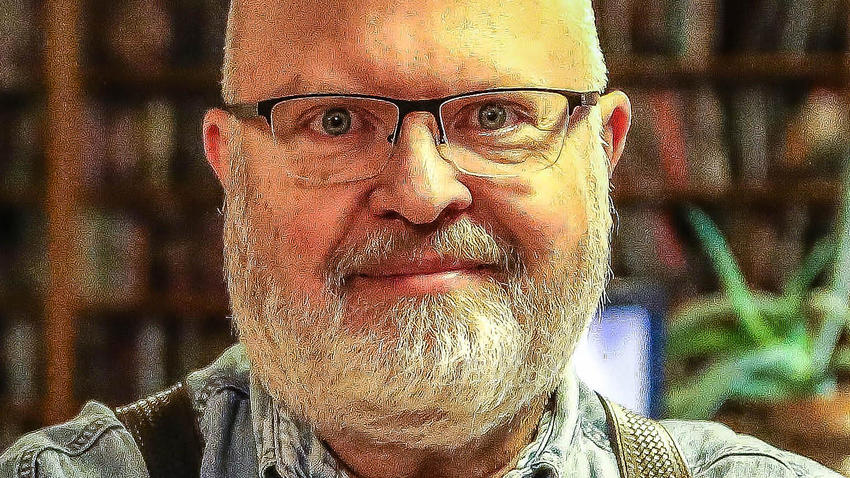 Sandy Petersen of Petersen Games
Sandy Petersen of Petersen Games
He is currently the owner and primary designer at Petersen Games. Most recently, Petersen Games ran a successful Kickstarter campaign for Return to Planet Apocalypse, an interesting game that is both a standalone board game and a Dungeons & Dragons 5E sourcebook.
I understand that you were introduced to Dungeons & Dragons early on. Was this the beginning of your interest in tabletop gaming in general?
No indeed. At 8 years old my dad bought the game Gettysburg and while I couldn’t play it I was fascinated by the counters and map. As early as 9 years old I sometimes stayed in from school recess to play Clue or Stratego. At age 12 I finally learned how to play Gettysburg, and then jumped into all the Avalon Hill wargames. I didn’t get into Dungeons & Dragons till I was 18 or 19. Which was the year it came out (1974).
What convinced you to take the leap from gaming enthusiast to making game design your career?
I was going to graduate school in California. I’d already done a couple of things (including the Call of Cthulhu RPG) as a freelancer. I needed a job to support myself and my family through school and became Chaosium’s typesetter. I also did editing and writing tasks on the side, and over the course of the next year or two, my supposed vocation of graduate school kept shrinking while my hobby of games kept growing until I was a full-time game designer.
Which edition of D&D is your favorite and do you have a favorite official module for that edition? Do you prefer to be the Dungeon Master or a player?
The last edition of D&D I played as a gamemaster was actually the original AD&D. In 1978 we switched from D&D to Runequest and I’ve really not played D&D on a regular basis since then. I don’t have a favorite module because my players always look at me with sad puppy eyes if I pull one out. “But Sandy, you’re a designer, can’t you do your OWN adventure.” Alas. Also, I am always the Dungeon Master – again probably because I’m a professional designer so they stick me with the job.
For my recent Sandy Petersen’s Mythos for D&D5e products I wrote the background and explained how things are supposed to work, but I had editors and writers who knew the current state of the art to turn my insane rants into actual useful D&D rules.
What games (board games or RPGs) are your favorite go-to games? Do you have any favorite games to play with friends or for new players at your table?
I play board games and RPGs about the same. Just depends. I have to say that when I’m introducing someone new or going to a friend’s usually I take whatever of my games is currently under development so I can get a playtest in. Sad I know.
I’ve read that you belong to the LDS Church. You were getting acquainted with D&D at the height of the so-called Satanic Panic. What is your recollection of that time and has history exaggerated the polarization of concerned parents fretting over their children’s hobbies?
No, they were pretty much up in arms over D&D. Of course they had their facts completely back to front. However, I have to say that the “Columbine Panic” hit me harder; I was doing video games in the 90s and my games (like Doom) got accused of literally murdering kids. I had politicians stand up in the Senate holding a copy of my game and denounce it.
Regarding your faith, do you think it has served you well from a creative standpoint? Specifically, I wonder if it has helped you with your design process because perhaps you know what can tap into people’s deep-seated fears and apprehensions or in any other manner.
My faith is pretty firmly ingrained in me and I am sure it seeps into lots of my efforts. But maybe I’m too close to it to understand why. I do think that actually believing in Hell probably helps me make it more frightening.
Call of Cthulhu: in today’s Cancel Culture, do you find it problematic to have created an RPG around the works of Lovecraft given the accusations of racism against him?
Nope. Let’s look at the bottom line. Lovecraft had racist beliefs. Yes. Was he ever known to DO anything about them? No. Did he cost anyone a job? No. Did he stop anyone from voting? No. Did he express his beliefs in his fiction? No, except to a vanishingly few places.
More importantly, as he lived over time, he became quite a bit less racist as S. T. Joshi has shown. Don’t we want racists to become less racist? Lovecraft did. At the end of his short life he was still more racist than I’d wish, but at least he was headed in the right direction. Also, many anti-Lovecraft claims are simply stupid, such as the idea that he was anti-Semitic. The man married a Jewish woman. As far as I know, no one has claimed that I myself am racist for liking Lovecraft, but let me quash it in the bud. My religion, which I adhere to fervently, teaches that all men and all women are literally brothers and sisters with God as our father. How can I be racist against a sibling?
Congratulations on the recent Kickstarter with Return to Planet Apocalypse. What was your inspiration for this game and what drove you to create it as both a board game and a 5E accessory?
Planet Apocalypse came out of designing Doom and Quake. I wanted a board game to reflect that experience, and the need to defeat the powers of the underworld in a last-ditch battle. Humanity vs. Hell.
I had the idea to do it as a 5e supplement because it occurred to me that every campaign, every game world, eventually comes to an end. Players move away or the GM wants to try out Ravenloft now or whatever. Paizo estimates the average roleplaying campaign lasts 6 months before it breaks up. My campaigns last much longer than usual (my longest was 14 years), but they end too. So I thought, “Let’s give that old world an amazing send-off.” So Planet Apocalypse 5e is literally intended to DESTROY your existing campaign world and give it that send-off. Your heroes fight bravely but in the end, everything is destroyed just like in the final battles of Rome, or King Arthur, or Troy. It all ends in a blaze of glory.
Of course, if you don’t want to destroy your world, the Planet Apocalypse 5e still gives you lots of cool stuff to work with – new monsters, new skills, new spells & items, and so forth so it’s fun no matter what. But in my mind it’s doing something that no other RPG supplement has done; basically give a spectacular Viking funeral to that game world you and your friends got such joy from over the previous year or so.
In my nearly 30 years of D&D and gaming experience, I’ve never seen so many passionate fans becoming independent creators. The barriers to entry have dropped so much that almost anyone can now become a creator. Some of them create amazing work and some only middling material. What advice do you have for these creative fans as it pertains to creating quality material that resonates with other fans? What lessons did you learn that you’d like to pass on to them?
My secret “trick” to designing games is that I always design a game that I want to play, but doesn’t exist. Let me give you an example. I really like tabletop war games, like World War 2 or the Civil War. Stuff like that. I own dozens of these, and I play them quite often. I have never designed one because those I own seem to fill that need within me. So I haven’t felt a yen to do my own.
However, in 2012, I wanted a super-asymmetrical boardgame in which Lovecraftian monsters warred to conquer the ruins of Earth. None existed, so I created Cthulhu Wars. In 2016 I wanted to play Doom, but on a tabletop, and with both a character-building and tower-defense element. It didn’t exist, so I created Planet Apocalypse. In 2018 I wanted to play a space strategy game that incorporated really alien aliens, and even some Lovecraft aliens. Again, I had to make my own; Hyperspace.
So that’s my plan. I don’t design games for a perceived market need. I design games for my own needs and hope against hope that there are enough other people sharing my brand of crazy that I can sell them.
What are some of your proudest moments or achievements in your career in gaming? Was there ever a low point?
One of my proudest moments was walking into my former company (MicroProse) who’d laid me off and showing them the game I was working on then. Doom. Man, they were green with envy. That was fun. Another great moment was when very early on I was working on Cthulhu Wars and I showed it to an extremely savvy friend of mine. He asked me how long I’d been working on it, and I was too embarrassed to say “less than a week” so I said “a few months”. He said, “It seems really polished.” So that felt good.
There have been low points. One was getting laid off from MicroProse. Yet another was when I got sued by former friends who thought I was getting millions from my current projects (instead of 1/10 that). The worst was probably finding my little brother moribund and dying on the floor of my guest bedroom. Hey, I’m 65 years old. There have been plenty of bad times. But the good times are those that surface in my mind. Maybe because of my faith in God and generally sunny disposition.
Are you working on any new projects that your fans or general tabletop gaming should keep an eye out for?
On an ongoing basis, we are producing Sandy Petersen’s Cthulhu Mythos Sagas for D&D 5e. Each month we release a hardcover adventure pack that is 60-80 pages, full-color, and heavily illustrated. Every four months an entire campaign of these packs is finished. We are in the middle of Dark Worlds – a campaign in which your D&D heroes get spirited away to Yuggoth and have to find a way back off this dark alien planet. Those are really great.
Also, I am working on an SF RPG, a co-operative horror game in which you explore dark and creepy places, and a tactical space battle game.
Final Thoughts on Sandy Petersen
Earlier I said Sandy Petersen was probably the most prolific game designer you don’t know. I chose that statement carefully and almost didn’t include it at all. I didn’t want to sound flippant: “Sandy Who?” However, I grew up loving Doom and Quake and the Civilization games and didn’t know the name “Sandy Petersen.” Granted, I’m not one for reading the credits on video games but I did know the “big” names like John Romero and Sid Meier.
I love learning new things in these interviews. I have never played Call of Cthulhu. Nor have I played any other tabletop or roleplaying games or modules by Sandy Petersen. But as I’ve come to know him a little over the last several weeks through email, I’m quite interested in trying them. Particularly the Return to Planet Apocalypse material. I hope you too are excited to jump in and learn some new titles by the team at Petersen Games. I’ll surely be watching for the SF RPG he mentioned.
Briefly, I want to circle back to the issue of Lovecraft’s racism. I agree with Sandy Petersen that we want racists to become less racist. We want that to the point that they become completely not racist. He didn’t say it explicitly, but I think Sandy wishes Lovecraft was never at all racist.
Be sure to visit Petersen Games and Cthulu Sagas to learn more about Sandy’s work.
[See image gallery at www.nonzerosumgames.com]The post Sandy Petersen of Petersen Games Interview appeared first on NZS Games.





